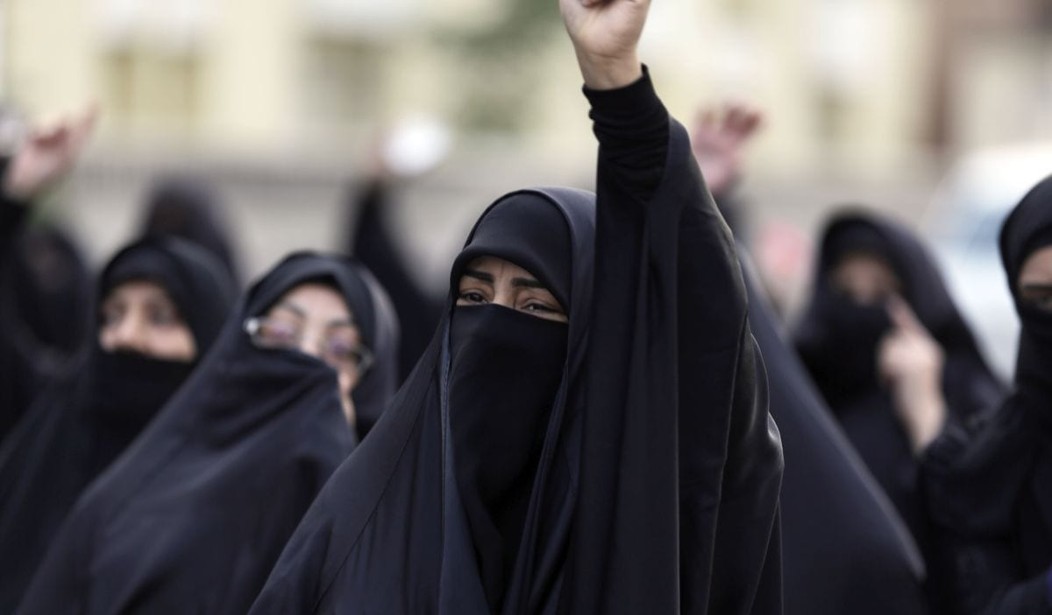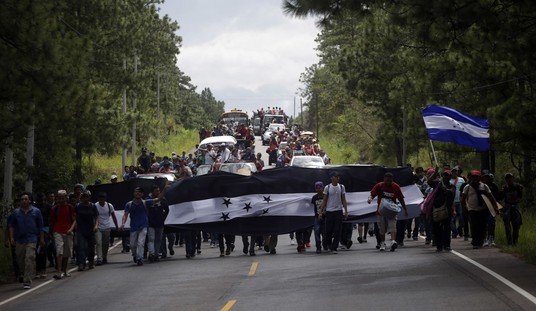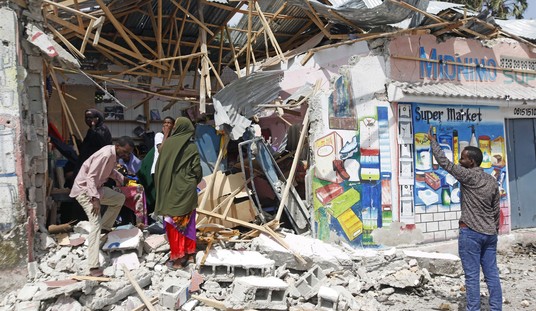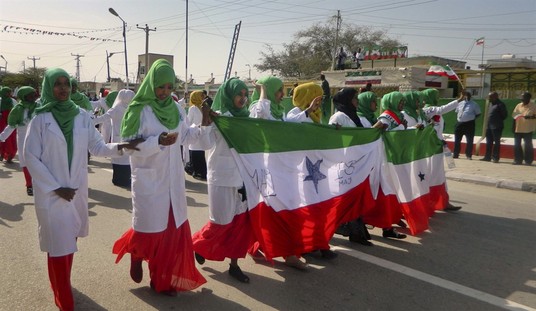Nimr al-Nimr, a Saudi Shiite cleric and leader of the Shiite opposition to the dominant Sunni government, was executed yesterday along with 47 al-Qaeda terrorists.
Sheikh Nimr was seen as a hero to the Shiite minority in Saudi Arabia, having been arrested and tortured several times. He was also feted across the Middle East by Shiites, especially in Iran where the Saudis believe he was getting assistance.
Following his execution, an Iranian mob broke into the Saudi embassy in Tehran, ransacked it, and set part of it on fire. Demonstrations by angry Shiites were held across the Middle East as sectarian tensions hit a boiling point.
Angry Iranian protesters stormed Saudi Arabia’s embassy in Tehran in the early hours of Sunday, smashing furniture and starting fires before being removed by the police.
The protesters had gathered outside the embassy to protest against Saudi Arabia’s execution of Nimr al-Nimr, a prominent cleric from the kingdom’s Shi’ite minority, on terrorism charges that Iran said were unjustified.
They then broke into the building and lit fires inside before being cleared by police, the ISNA news agency reported. Images shared on social media appeared to show protesters smashing furniture inside the embassy.
Later images showed police in full riot gear guarding the premises as firefighters doused the building. ISNA said Tehran’s police chief was on the scene to restore calm.
The government had accused Sheikh Nimr of “seeking ‘foreign meddling’ in Saudi Arabia, ‘disobeying’ its rulers and taking up arms against the security forces.” That “foreign meddling” refers to Iran, where Sheikh Nimr studied for many years. Was he an agent of the Iranian government? It’s hard to believe otherwise.
But be became a liberal cause celebre, a Shiite George Washington to some. Despite claims from his western supporters who petitioned the Saudi government to spare his life, Sheikh Nimr was no democrat, nor was he liberal. He was a typical Muslim cleric who thought the country should be governed by sharia law. At one point, he even advocated that the majority Shiite region of eastern Saudi Arabia secede from Riyadh. Needless to say, this did not endear him to Saudi authorities.
Many western governments are protesting the judicial process in Saudi Arabia under which Nimr was tried and executed. The president, on vacation in Hawaii, issued a statement:
The executions, which also included dozens of al Qaeda members, signaled that the Riyadh government would not tolerate attacks, whether by Sunni jihadists or minority Shi’ites. They stirred sectarian anger, including a march by hundreds of Shi’ite Muslims in Saudi Arabia’s eastern province.
In Hawaii, where President Barack Obama is on vacation with his family, White House deputy national security adviser Ben Rhodes said the administration has urged the Saudis to show restraint regarding respect for human rights.
“We broadly I think have concerns about human rights issues in Saudi Arabia, and again we also would like to see steps taken by Saudi Arabia and other countries to reduce sectarian tensions in the region,” Rhodes said.
Kirby noted that Washington has previously expressed its concern about the Saudi legal system, and raised those concerns at high levels with the Saudi government.
He said the United States also urges the Saudi government to permit peaceful expression of dissent and work together with all community leaders to defuse tensions.
“We are particularly concerned that the execution of prominent Shia cleric and political activist Nimr al-Nimr risks exacerbating sectarian tensions at a time when they urgently need to be reduced,” Kirby said.
“In this context, we reiterate the need for leaders throughout the region to redouble efforts aimed at de-escalating regional tensions,” he added.
Fat chance of that happening. The attack on the Saudi embassy and the demonstrations by Shiites across the region remind us that the largely sectarian civil war in Syria may yet send the two sects of Islam at each other’s throats throughout the Middle East.










Join the conversation as a VIP Member